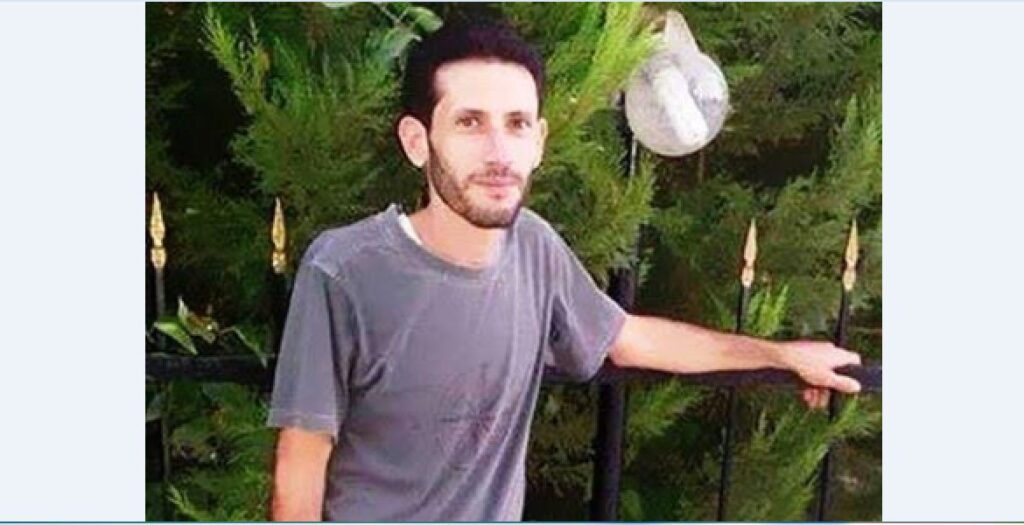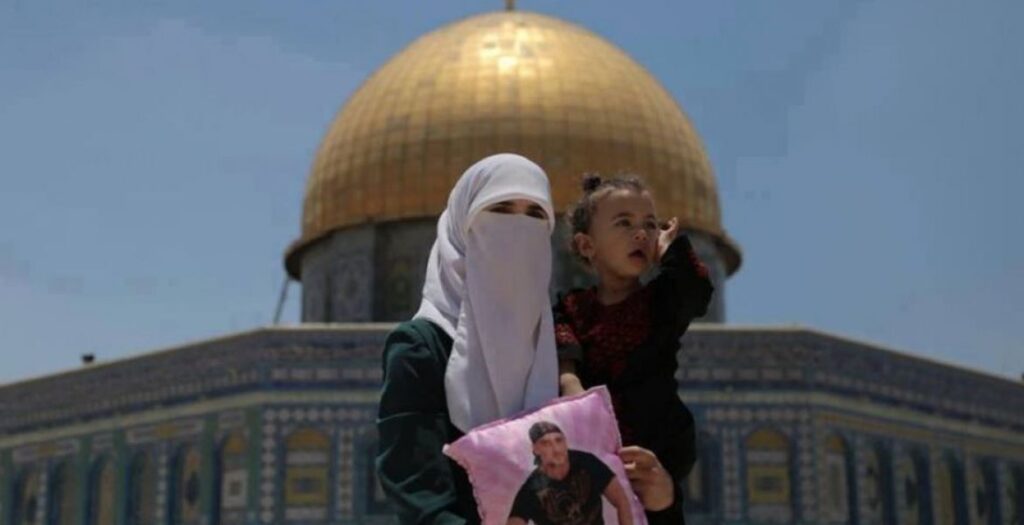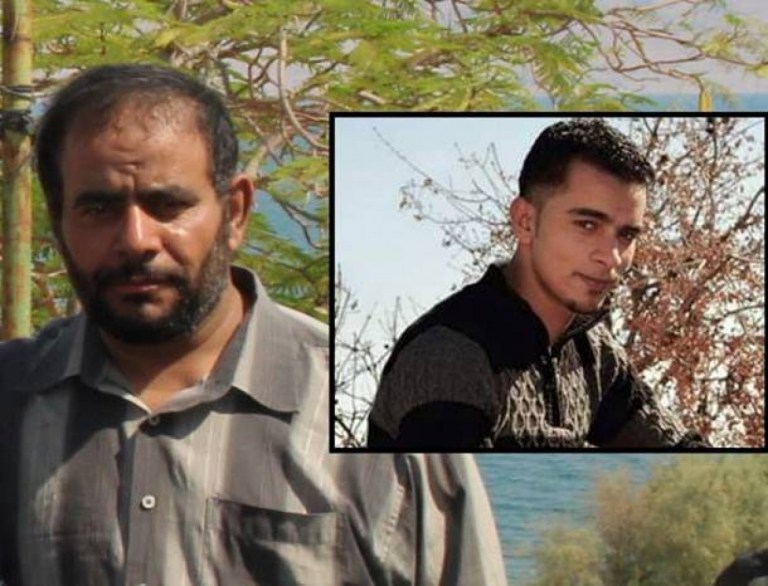 Tawfiq Faisal Nazzal, 30, is scheduled to be released on Thursday, 20 October after a year in Israeli prison, including his release and re-arrest, followed by a three-month administrative detention order.
Tawfiq Faisal Nazzal, 30, is scheduled to be released on Thursday, 20 October after a year in Israeli prison, including his release and re-arrest, followed by a three-month administrative detention order.
On 22 August, Nazzal was released from an eight-month sentence at the Negev desert prison, only to arrive at the Dhahriya checkpoint to return home and be arrested once more by occupation forces. Nazzal was then immediately ordered to three months in administrative detention. All eyes are on his scheduled release today against any attempt to re-imprison him as occurred on his prior release date.
The case drew extreme concern and attention, especially as it occurred amid the hunger strike of Bilal Kayed, who had been ordered to six months in administrative detention immediately upon his release from 14.5 years in Israeli prison. Kayed, a prominent leader in the Popular Front for the Liberation of Palestine and among the prisoners’ movement, conducted a 71-day hunger strike and will be released on 14 December.
 Also released was Samia Mushahra, Palestinian prisoner, was released from Israeli occupation prisons yesterday. Mushahra, 31, had been imprisoned for 11 months for allegedly attempting to bring a mobile phone to her imprisoned husband, Fahmi Muhshahra. She and Fahmi have three children; their youngest son, 3, was born through smuggling sperm from inside the prison.
Also released was Samia Mushahra, Palestinian prisoner, was released from Israeli occupation prisons yesterday. Mushahra, 31, had been imprisoned for 11 months for allegedly attempting to bring a mobile phone to her imprisoned husband, Fahmi Muhshahra. She and Fahmi have three children; their youngest son, 3, was born through smuggling sperm from inside the prison.
She noted in particular the situation of injured Palestinian women prisoners like Nuran Awad of Qalandia refugee camp, interrogated and imprisoned while still severely injured after being shot in the pelvis and back by occupation forces; and Helweh Hamamreh of Husan village near Bethlehem, who has had part of her kidney, pancreas, spleen and intenstine removed after being shot by occupation forces. Both were moved to the prison rather than staying in the hospital despite the fact that they are not fully recovered from their injuries and continue to experience severe pain on a constant basis, said Mushahra.
Mushahra is from Sawahra village in Jerusalem area; her son is the first Jerusalemite child born through smuggling sperm from inside prison.
 Israeli occupation forces renewed the administrative detention orders for imprisonment without charge or trial against several Palestinians in the past days.
Israeli occupation forces renewed the administrative detention orders for imprisonment without charge or trial against several Palestinians in the past days.
Those subject to these orders include Palestinian prisoner Mohammed Abu Fannouneh, 51, of al-Khalil; he was for the seventh consecutive time ordered to imprisonment, this time for three months, without charge or trial. Abu Fannouneh is the father of Palestinian youth Mahmoud Abu Fannouneh, who was shot down by Israeli occupation forces in March near the Gush Etzion settlement.
Mohammed Abu Fannouneh has been imprisoned since 7 June 2013 without charge or trial under administrative detention. He suffers from several illnesses as well as a lingering injury in his foot from 2007, when he was shot by prison guards in the Negev desert prisons during protests by the prisoners against their harsh conditions of imprisonment.
Abu Fannouneh is married and the father of nine children. His wife has been repeatedly denied access to family visits with him; he has been jailed in total for nearly ten years through multiple arrests. He participated in multiple hunger strikes during his time in prison, including the collective hunger strike of 2014 against administrative detention.
Discover more from Samidoun: Palestinian Prisoner Solidarity Network
Subscribe to get the latest posts sent to your email.




